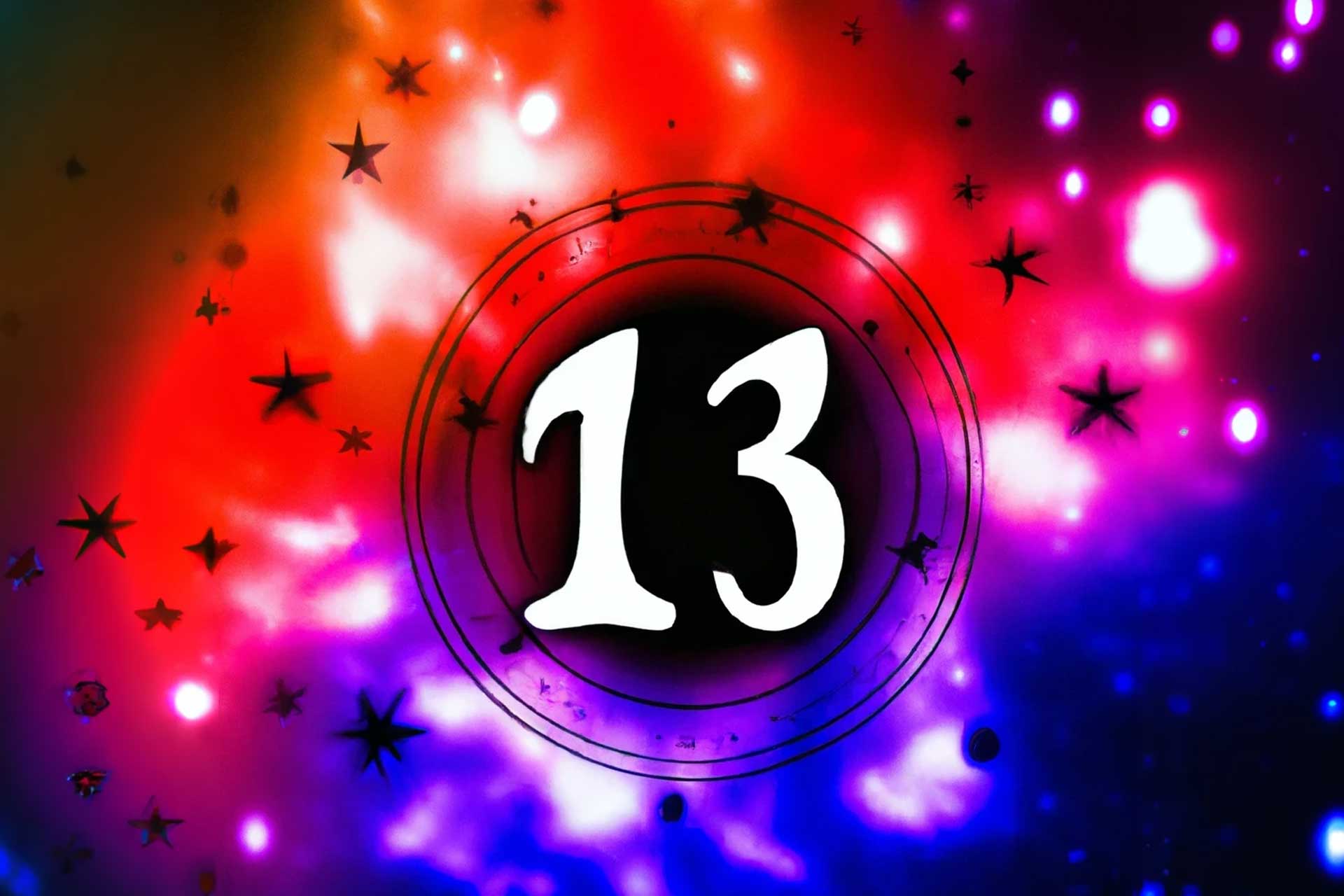
The number 13 has been shrouded in mystery and superstition for centuries, being considered as one of the most powerful numbers globally. Despite its negative connotations, the number 13 continues to captivate our imagination.

The number 13 has been shrouded in mystery and superstition for centuries, being considered as one of the most powerful numbers globally. Despite its negative connotations, the number 13 continues to captivate our imagination.
 The New Year is an event that happens when a culture celebrates the end of one year and the beginning of the next year. Cultures that measure yearly calendars all have New Year celebrations. On January 1, 1600 Scotland, was the first country to adopt January 1 as the first day of the New Year. Now, many countries celebrate the New Year on that day. The Panchang, the Vedic Astrology calendar, uses a different reckoning to the Gregorian Calendar.
The New Year is an event that happens when a culture celebrates the end of one year and the beginning of the next year. Cultures that measure yearly calendars all have New Year celebrations. On January 1, 1600 Scotland, was the first country to adopt January 1 as the first day of the New Year. Now, many countries celebrate the New Year on that day. The Panchang, the Vedic Astrology calendar, uses a different reckoning to the Gregorian Calendar.
 This coming Full Moon early December – called a ‘super moon’ on account of perigree (closest to Earth) which will occur early morning 4 December. As the Angelic Realms – in the messages of Cosmic Sai Baba, Jalarm and Alcheringa – recommend meditation on full moon days, we offer a reflection on this coming “super moon” and the Astrology of this Super Moon.
This coming Full Moon early December – called a ‘super moon’ on account of perigree (closest to Earth) which will occur early morning 4 December. As the Angelic Realms – in the messages of Cosmic Sai Baba, Jalarm and Alcheringa – recommend meditation on full moon days, we offer a reflection on this coming “super moon” and the Astrology of this Super Moon.